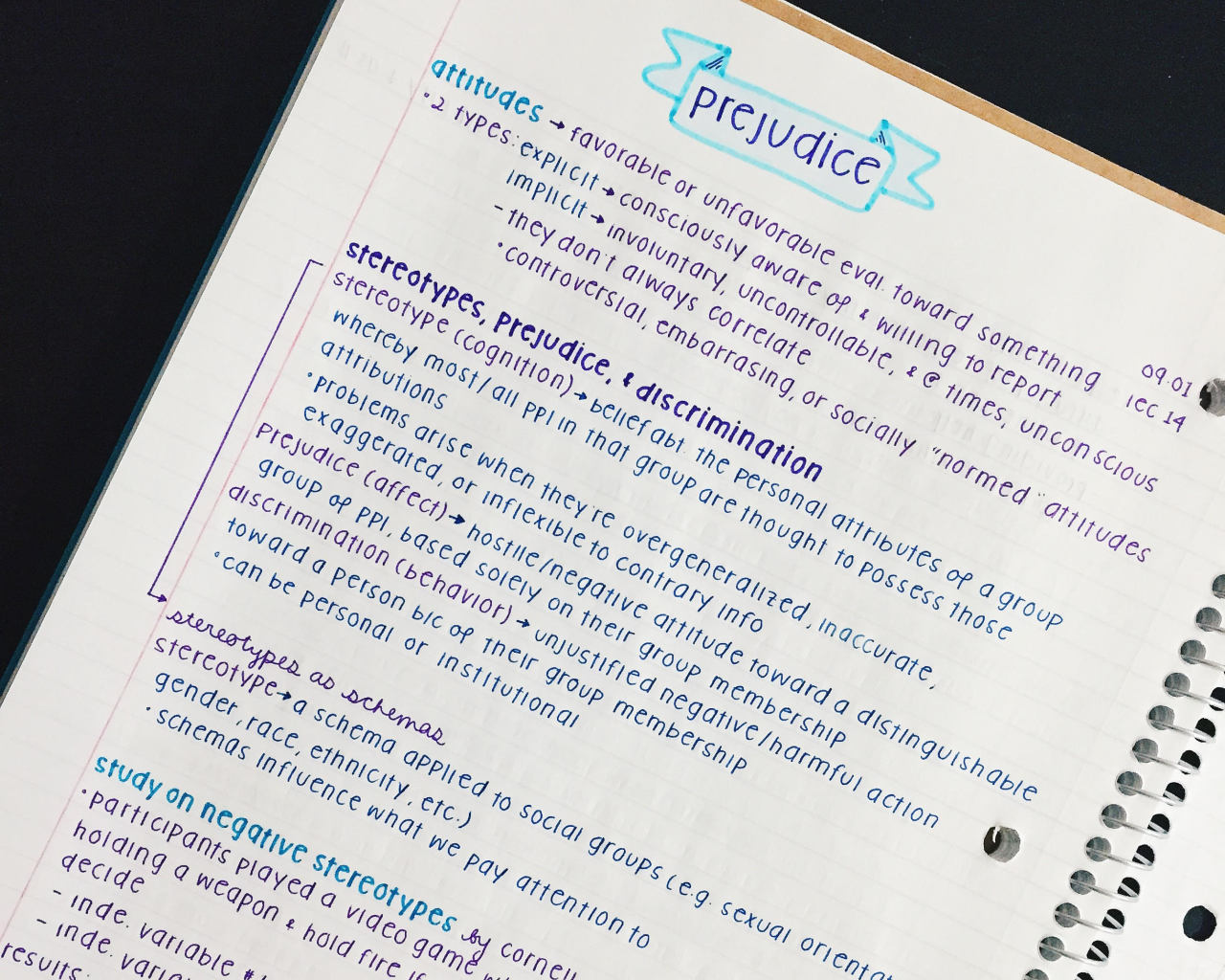

Realizing all of these benefits, however, can be much easier said than done. Those are some notable benefits, aren’t they? In other words, kids can boost their scores on a reading test and their reading comprehension skills in general by taking high-quality notes. Developing habits can improve not only retention when it’s time for a quiz, but also other academic skills in the long term. The benefits of note-taking can be identified early as in elementary school. Other benefits of note taking include increased focus, attention to detail, engagement with the material, and organization. Research suggests that top-notch note taking skills increase comprehension and recall, and students who regularly take notes tend to perform better than those who keep their notebooks shut.

Though it may be tempting to skip over this important, albeit meticulous - and sometimes time-consuming task - note taking has far more benefits than drawbacks as a piece of the academic puzzle. Why is taking notes important? After all, studies show that reading and rereading them is not the most effective way to study. They take time and often are staples both in class and as part of the study process: as such, it’s all the more important to make sure that time is spent wisely! High quality notes are like an investment. Taking notes: universally recommended in school, but how do you know if students are doing it right? Here are some tips and tricks on the best ways and methods, backed by the latest research.


 0 kommentar(er)
0 kommentar(er)
